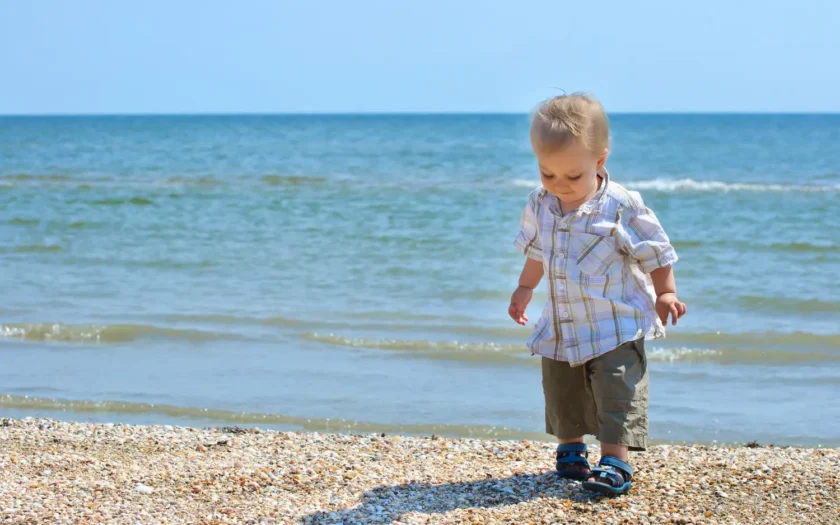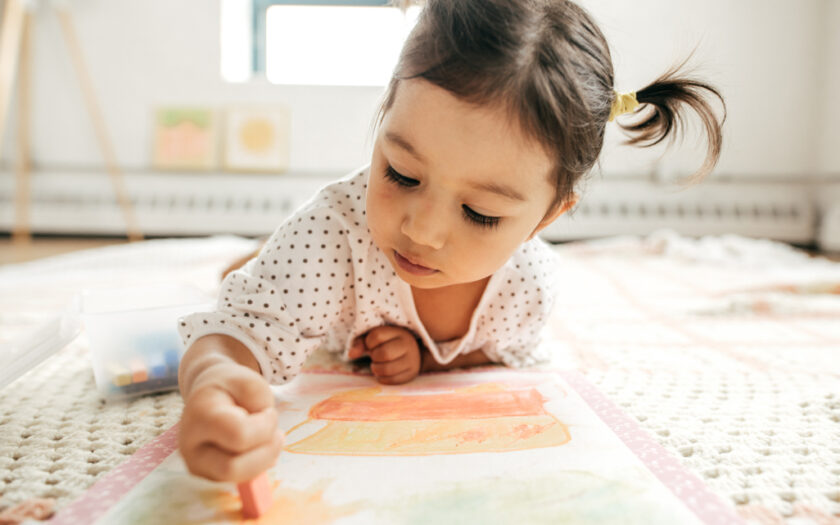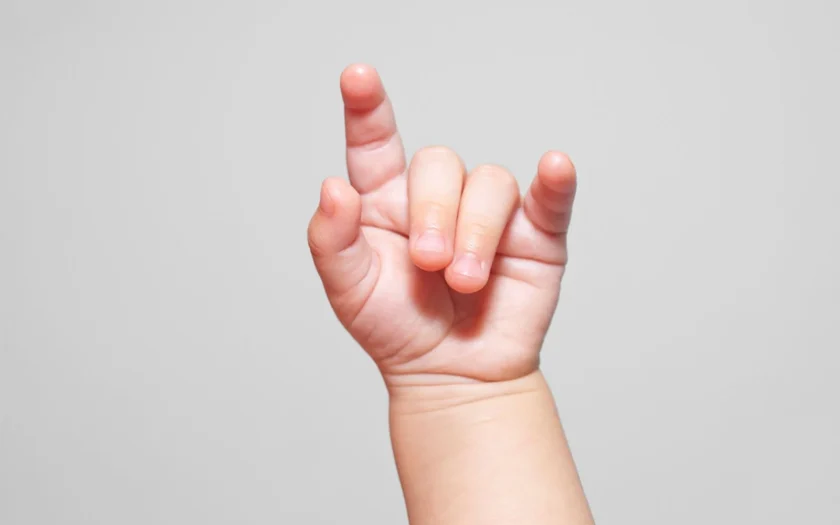At one month old, your baby is beginning to adapt to the world outside the womb, showing remarkable growth and development. This period is marked by rapid physical changes, increased alertness, and the first signs of social interaction. Understanding these early milestones can help you support and nurture your baby during this critical stage.
Understanding Your 1-Month-Old Baby’s Growth and Development
Infant development begins at birth, and initially, your baby will grow quickly and learn a lot. At 1 month, cuddling, sleeping, and feeding are all that really matter to your baby. The time you spend with them will help their brain grow and develop as they start to experience the world. Engaging in skin-to-skin contact and talking to your baby can also promote emotional bonding and cognitive development.
Your baby will probably cry a lot during this time. While it’s often because they’re hungry or have a dirty nappy, sometimes babies just cry for no apparent reason. Give them lots of cuddles to comfort them, and remember that the crying will eventually pass. Establishing a soothing routine, such as gentle rocking or soft singing, can help calm your baby and create a sense of security.
At 6 to 8 weeks, your baby needs a full health review by a health professional such as a child and family health nurse, midwife, GP, or pediatrician. This check-up will assess their physical development, growth, and overall health, ensuring they are on the right track and addressing any concerns early on.
Tracking My Baby’s Growth and Development
Babies grow at different rates, but on average, a 1-month-old will gain between 0.7 to 0.9 kg (1.5 to 2 pounds) each month and grow 2.5 to 4 cm (1 to 1.5 inches). Their head circumference will increase by about 1.25 cm (0.5 inches) each month, reflecting rapid brain growth.
It’s normal for babies to lose weight right after birth. Healthy babies typically regain their birth weight within the first two weeks and continue to grow steadily. A baby can lose up to 10% of their birth weight in the first week but usually regains it by the end of the second week.
Your baby was weighed at birth, and your doctor or maternal child health nurse will plot their growth regularly on a growth chart. Babies come in all different shapes and sizes, and your baby might be large or small. What matters most is consistent growth over time, rather than specific numbers.
Try not to compare your baby’s weight gain with that of other babies, as each child grows at their own unique pace. Focus on their individual progress and consult with healthcare professionals to ensure they are healthy and developing well.
Understanding Your Baby’s Abilities at 1 Month
At 1 month old, your baby is rapidly growing and developing, with most actions driven by innate reflexes. Understanding these early physical, cognitive, social, and emotional milestones helps you support their growth and respond to their needs effectively. In this guide, we’ll explore what you can expect from your baby’s abilities at this exciting stage;
- physical Development. At 1 month, most of what babies do is still driven by reflexes rather than deliberate actions. They will instinctively suck, swallow, search for milk, and grasp objects placed in the palm of their hands, although their hands are usually clenched in tight little fists. If you place their feet on a flat surface, they will reflexively step one foot in front of the other. When falling backward, they will throw their arms and legs out, blink their eyes, and breathe faster—a reflex known as the Moro reflex.By the end of the first month, most babies can briefly raise their head when laid on their stomach and turn it to one side. As their neck muscles strengthen, they will begin to turn their head and lift it when in a car seat or carrier, showing early signs of improved head control;
- cognitive Development. At 1 month, babies begin to focus with both eyes and should be able to follow a moving object. Their vision is improving, allowing them to track objects and people within their line of sight;
- social Development. Babies at this age often prefer looking at human faces over objects. They will gaze deeply into your eyes if you hold them about 45 cm (18 inches) away from your face. By this age, most babies can recognize their parents, showing a clear preference for familiar faces;
- emotional Development. One-month-old babies love the sound of your voice and may get startled by loud noises. They will cry loudly when hungry or uncomfortable and may make little gurgling noises when happy and content. Responding to your baby’s sounds by gurgling and cooing back helps foster early communication and emotional bonding.
Some babies start learning how to soothe themselves at this age, often using a dummy or by sucking their fingers or thumbs. Helping your baby find ways to self-soothe, such as gentle rocking or using a pacifier, can be an effective way to calm them down and provide comfort.
Supporting Your Baby’s Development: Tips and Activities
Spend as much time with your baby as possible. Looking deeply into their eyes and smiling at them will help them bond with you and feel safe and secure. This early interaction is crucial for their emotional and social development.
Read and sing to your baby, even though they can’t understand the words yet. They will enjoy hearing your voice, and music helps stimulate their senses and keep them entertained. Playing with them will also strengthen your bond and support their cognitive development.
Help your baby develop neck strength by giving them tummy time for 1 to 5 minutes at a time. Always supervise your baby during tummy time and ensure they are placed on their back to sleep to reduce the risk of SIDS.
Signs of Potential Developmental Problems
Babies develop at different rates, and at 1 month, you are still learning about your baby and their needs. However, consult your doctor or maternal child health nurse if:
- they aren’t feeding well;
- they are regularly sleeping much more than 16 hours a day;
- they aren’t moving their arms or legs;
- they aren’t following your face with their eyes or responding when they see you;
- they don’t startle or seem not to be hearing things;
- you are worried about your baby’s crying or sleeping patterns.
Early detection and intervention can address potential issues and support your baby’s healthy development.
Supporting your baby’s development in their early months is crucial for their overall growth and well-being. By spending quality time, engaging in activities like reading and singing, and ensuring proper tummy time, you can foster their physical, cognitive, and emotional development. Always stay attuned to their needs and consult healthcare professionals if you have any concerns about their progress.



